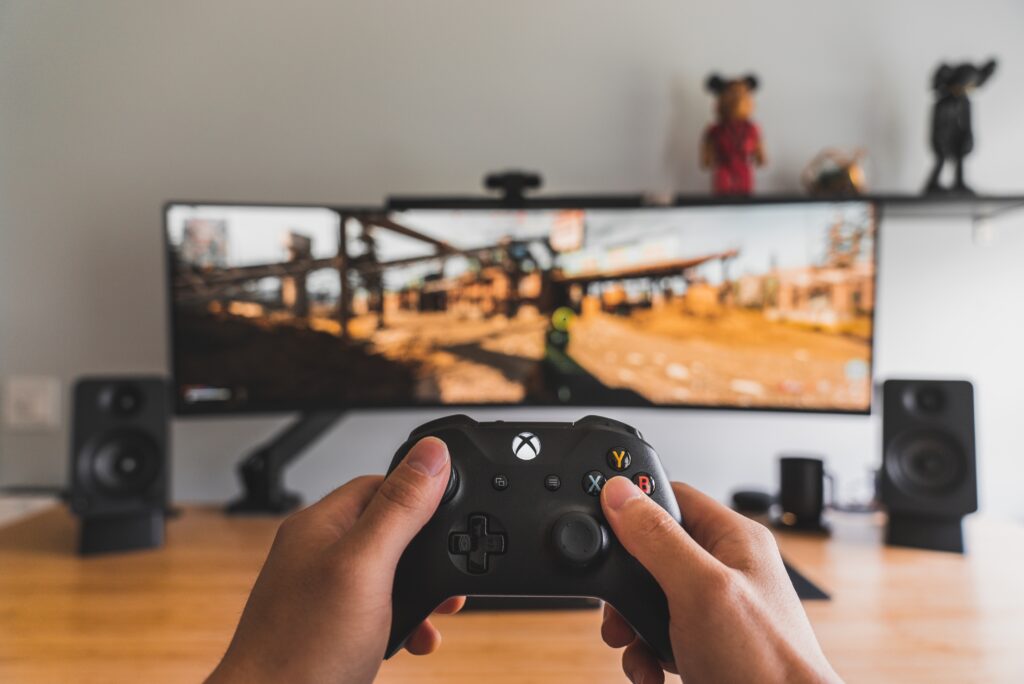Youth in Vaughan and York Region live in an era dominated by digital entertainment. Video games are an integral part of their lives, offering both entertainment and challenges. How do you know if your child is gaming too much? And are there benefits to video games?
The Positive Side
Before addressing the potential challenges, it’s essential to recognize the positive aspects of video gaming. Many games promote problem-solving skills, strategic thinking, and hand-eye coordination. Additionally, multiplayer online games facilitate social interactions, enabling youth to connect with peers and build friendships, especially in an increasingly digital world.
Cognitive Benefits:
Certain video games are designed to stimulate cognitive functions, enhancing memory, attention, and decision-making skills. Kids and teens engaged in these games may experience cognitive benefits that could potentially contribute to academic success and problem-solving abilities.
Community and Social Interaction:
Online gaming communities can serve as platforms for social interaction and collaboration. Youth may find solace in these virtual spaces, fostering a sense of belonging and connection, which can positively impact their mental health by reducing feelings of isolation.
The Dark Side
Despite the positive aspects, it’s crucial to acknowledge the potential negative effects of excessive video game consumption.

Addiction and Time Management:
One major concern is the addictive nature of some video games. Today’s kids may find themselves spending excessive amounts of time playing, neglecting other essential activities such as homework, exercise, and socializing in the real world with real life people. This imbalance can contribute to issues like poor academic performance and a sedentary lifestyle.
Violence and Aggression:
Another frequently debated issue is the potential link between violent video games and aggressive behaviour. While research results are mixed, it’s important for parents and caregivers to be aware of the content of the games their youth are playing and its potential impact on their emotional well-being.
Sleep Disruption:
The immersive nature of many video games can lead to disrupted sleep patterns among Vaughan’s youth. Excessive screen time, particularly before bedtime, may contribute to sleep difficulties, impacting both physical and mental health.

Find a Healthy Balance
The relationship between video games and the mental health of youth is complex. While there are undoubtedly positive aspects, it’s essential for parents, educators, and mental health professionals to be vigilant about the potential negative consequences. Encouraging a balanced approach to gaming, open communication, and realistic limits on screen time will make a healthier relationship between youth and video games, promoting both cognitive development and emotional health.
